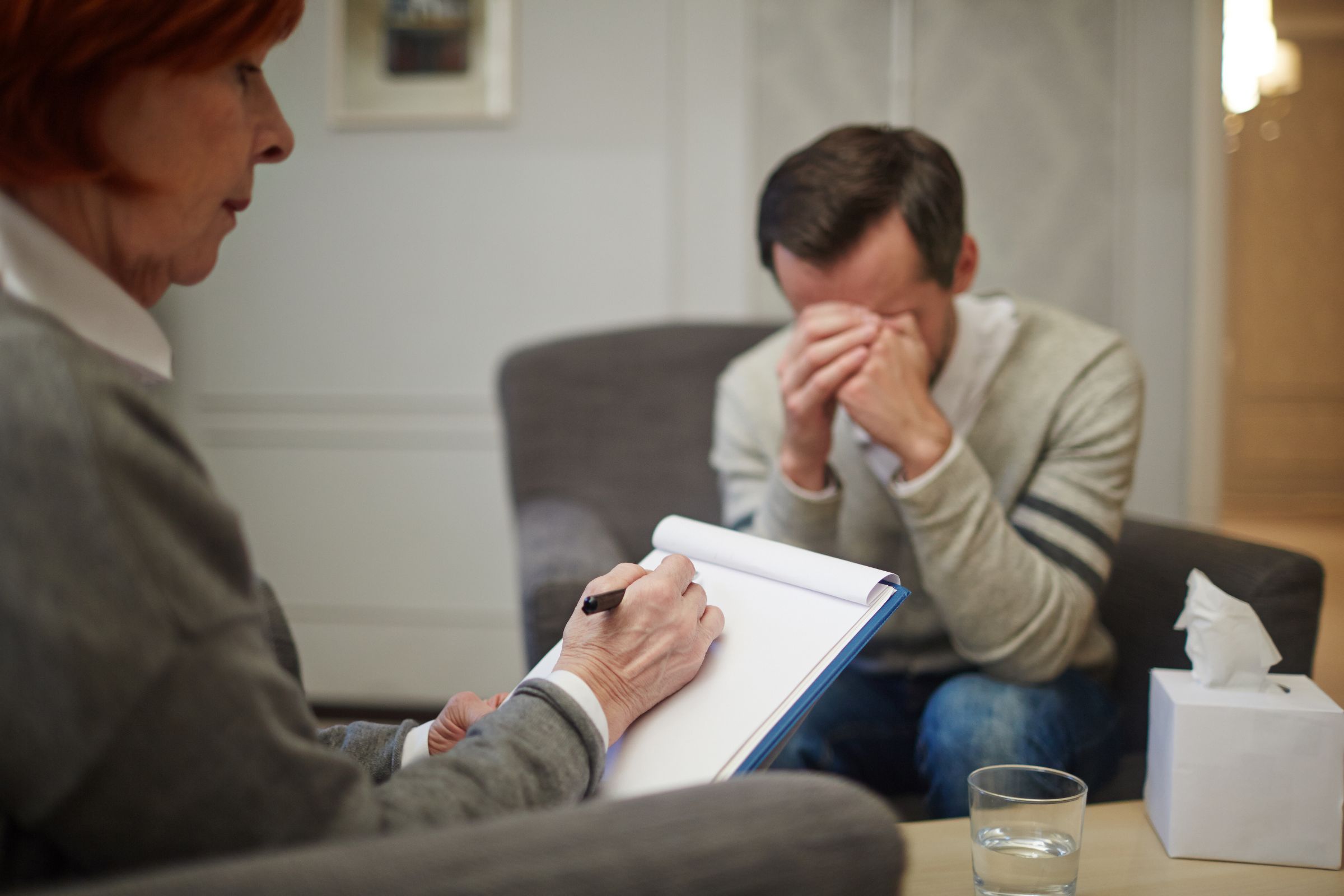The transition to adulthood can be a difficult process for many people, and although most manage to adjust to the new responsibilities and challenges that come with it, some people may encounter difficulties and develop "transition syndrome". Peter Pan".
It is often associated with a fear of growing up and a refusal to assume adult roles and responsibilities. These people may experience what is known as "Peter Pan syndrome". But what is this?
What is Peter Pan syndrome?
Peter Pan syndrome refers to a condition in which a person has difficulty accepting the reality of adulthood and instead holds on to behaviors and attitudes associated with childhood or adolescence. It is often called the "Peter Pan syndrome" in reference to the literary character J.M. Barrie, who was famous for his refusal to grow up and face the responsibilities of adulthood.

What causes Peter Pan syndrome?
There is actually no single cause, but rather a number of factors that can contribute to this condition. Some of the risk factors may include the lack of a father or father figure present in the individual's life, traumatic experiences in childhood, anxiety disorders or depression, and/or an overprotective family environment.
Here is a more complete list of the different reasons that can cause Peter Pan syndrome.
- Overprotective parents: People who have been overprotective by their parents can develop Peter Pan syndrome because they have not had to face the responsibilities and challenges of adult life .
- Emotional trauma : Peter Pan syndrome can be the result of emotional trauma in childhood, such as the loss of a loved one or a parent's divorce.
- Lack of role models: Lack of positive role models in a person's life can cause them to not know how to be a proper adult and therefore develop Peter syndrome Bread.
- Depression and anxiety: These factors can leave a person feeling overwhelmed and unable to cope with the responsibilities and challenges of adult life.
- Overindulgence: If someone has been overindulgent with himself during his life, he may have a hard time letting go of that attitude and taking responsibility for his actions.
- Lack of financial independence: If a person has never had to deal with finances or has relied on other people financially, they may have difficulty becoming an independent and responsible adult .
- Lack of social skills: This factor can make a person uncomfortable or unable to interact with other adults, which may cause them to avoid situations that demand responsibility.
- Technology addiction : Excessive use of technology, such as video games or social media, can cause a person to avoid the responsibilities and challenges of adult life.
- Fear of failure : This fear can cause a person to avoid taking on responsibilities or challenges that could result in possible failure.
- Social pressure : Like that of friends or society in general, to stay young and live a life without commitments can influence the development of Peter Pan syndrome .
What are the characteristics of Peter Pan syndrome?
Peter Pan syndrome has several characteristics, among the most important are:
- Emotional immaturity: People with Peter Pan syndrome often have difficulty dealing with their emotions and expressing them appropriately.
- Lack of responsibility: They tend to avoid responsibilities and commitments, and may have trouble holding down a stable job or meeting financial obligations.
- Emotional dependence : They constantly seek the approval and support of others, often avoiding making important decisions for themselves.
- Constant search for fun: They seek strong emotions and exciting experiences to escape reality and their responsibilities.
- Inability to commit : They often have difficulty establishing healthy, lasting relationships as they fear commitment.
- Defiant attitude : They can have a defiant attitude towards authority and social norms, and reject society's expectations about how they should live their lives.
- Stunted emotional development: Despite their chronological age, they may have stunted emotional development in adolescence or childhood.

How can Peter Pan syndrome affect us in our daily lives?
This condition can affect people in many different ways, here is a list of some of the most common impacts:
- Relationship problems: People with Peter Pan syndrome may have difficulty forming healthy, lasting relationships, which can lead to loneliness and isolation.
- Financial difficulties: By avoiding responsibilities and commitments, they may have trouble holding a stable job or meeting their financial obligations, which can lead to financial problems.
- Lack of independence: Because of their emotional dependency, they may have difficulty making important decisions for themselves and may be terrified of having to be independent.
- Self-esteem problems: By constantly seeking approval from others, they may have self-esteem problems and feel insecure in their daily lives.
- Personal stagnation: Lack of commitment and responsibility can lead to stagnation in your personal and professional growth.
- Mental health problems: People with Peter Pan Syndrome may be at increased risk of mental health problems, such as depression, anxiety, and stress.
How can I prevent and treat Peter Pan syndrome?
Although there is no specific treatment for Peter Pan syndrome, there are several ways that people can address and prevent this condition.
First, it's important to seek professional help if you feel that Peter Pan syndrome is seriously affecting your life. A psychologist or therapist can help you better understand your feelings and behaviors, and can work with you to develop skills to cope with and overcome the challenges of adult life.
In addition, there are some ways you can take steps to prevent Peter Pan syndrome before it becomes a serious problem. Some of these measures include:
- Accept the responsibility and challenges that come with adulthood.
- Set goals and work to achieve them.
- Develop meaningful and healthy relationships with friends and family.
- Learn to manage the stress and uncertainty of adult life effectively.
- Seek new challenges and opportunities for personal growth.
Preventing and overcoming Peter Pan syndrome requires a personal commitment to face the challenges and responsibilities of adulthood, and to seek professional help if necessary. With the right care and focus, people can learn to enjoy adult life and all the experiences that come with it.




























Comentarios